 By the time the Libertarian Party gets around to selecting its presidential nominee 14 months from now, it could conceivably be a contest headlined by Rep. Justin Amash (?–Mich.), Overstock.com founder Patrick Byrne, and some billionaire to be named later.
By the time the Libertarian Party gets around to selecting its presidential nominee 14 months from now, it could conceivably be a contest headlined by Rep. Justin Amash (?–Mich.), Overstock.com founder Patrick Byrne, and some billionaire to be named later.
But if the country’s third-largest political party were making that choice in March 2019 instead of May 2020, one of the bodies on that final debate stage would likely belong to former Libertarian National Committee (LNC) vice chair and 2018 U.S. Senate candidate Arvin Vohra. That may come as a surprise to those unaccustomed to hearing politicians campaign on the “total abolishment of the welfare state” while making social media jokes about shooting up school boards. It would also, not coincidentally, irritate a good number of Libertarians.
With the exit in January of previous vice presidential nominee Bill Weld, Vohra now has undisputed claim of being the most divisive figure within the Libertarian Party (L.P.). His series of intentionally provocative statements about age-of-consent laws, government schools, and the immorality of military service prompted unsuccessful attemps to suspend him from the Libertarian National Committee in February and April last year, with the latter effort falling just one vote short of the required two-thirds majority. Three months later, Vohra was routed by the party writ large in his bid for a third term as LNC veep. Undeterred, the 39-year-old educator promptly announced his presidential candidacy.
 Since then, Vohra has finished a distant fourth in Virginia’s race for U.S. Senate, with just 1 percent of the vote (one of the lowest L.P. Senate totals in the country). He is now making the rounds to some of the same state Libertarian conventions that have censured him in the past. I attended one such gathering on Saturday in Hightstown, New Jersey, where Vohra addressed a body that rebuked him in November 2017 by a vote of 21 to 1 (with one abstention).
Since then, Vohra has finished a distant fourth in Virginia’s race for U.S. Senate, with just 1 percent of the vote (one of the lowest L.P. Senate totals in the country). He is now making the rounds to some of the same state Libertarian conventions that have censured him in the past. I attended one such gathering on Saturday in Hightstown, New Jersey, where Vohra addressed a body that rebuked him in November 2017 by a vote of 21 to 1 (with one abstention).
“I was warned earlier today that three-fourths of you in this room are openly hostile to me,” he began, “and I was honestly surprised. I don’t think I’ve ever been in a room where a fourth of the people haven’t made up their mind yet.” From there Vohra launched into an argument about “the necessity of culture war in politics.”
“The fundamental truth,” he asserted, “the absolute unchangeable fundamental truth that we’re facing right now in American politics is this: This culture produced this government. If we knock down this government, if we…fire everybody, we shut down all the departments, we shut down…everything. If we do that today, then this culture will recreate this exact government by tomorrow.”
I caught up with Vohra after his speech to ask him more about how he thinks such messaging can succeed within the Libertarian Party and in American politics as a whole. The conversation ranged from the alt-right to open borders to jury nullification. The following is an edited transcript:
Matt Welch: So the basic question with you, obviously, besides what a monster you are, is: You made this turn, right? You made this decisive turn from being the Libertarian we could take home to Mom to being the Libertarian, my God, we just cannot ever take home to Mom. Since that moment, you’ve got some censure votes, including in New Jersey; disputed ones on L.P. National; lost re-election bid for vice chair; ran for Senate and didn’t do that well comparatively to the field. Are you seeing market signals that your approach is working?
Arvin Vohra: Yes.
Historically, I can at least say that the other approach has backfired. It’s my opinion that if we’d had Dr. [Mary] Ruwart instead of Bob Barr and then Gary Johnson and then Gary Johnson again, we wouldn’t have an alt-right today. Because all of those teenagers who are looking to angrily rebel against what they perceive as an inimical authority would have a different direction to go in, a direction that’s just as upsetting to their parents. Because going off against public schools and going against the income tax, that’s just as upsetting to your parents as all the stuff that they’re saying right now.
And what’s actually happened, instead of people who want to rebel coming to the Libertarian Party, coming to this peaceful idea of voluntarism and anarchism, you have the opposite happening. You have all the people who used to be libertarians and suddenly turned alt-right. That reverse process, to me, is a direct consequence of that let’s make libertarianism as mom-friendly and as harmless as possible [approach]. There are some people who like things that are mom-friendly: moms. There are some people that don’t want things to be mom-friendly: the entire younger generation.
I discuss the very things that Dr Ruwart was attacked for, because I know that as an anarchist, I’m going to be attacked for the same things.
You look at my Senate campaign, and you compare it to Larry Sharpe’s governor campaign. My Senate campaign, I didn’t have time for it, it was a paper campaign, it was basically nothing. Larry Sharpe’s campaign was one of the most organized, one of the best fundraising campaigns ever. His phrasing was friendlier. My phrasing was unfriendly. At the end of it, it didn’t really make that much difference. [Sharpe also finished in fourth place, with 1.6 percent of the vote.]
What that says to me is the biggest issue that we have is, we’re not really getting into the national debate. People will look at most Libertarian candidates—and I certainly used to be a nice, friendly Libertarian candidate—people look at them and say, “Yeah, that guy seems kind of nice. I’m going to go vote for this guy, this other person, because this guy might overlap with me on more of my issues, but he doesn’t have the same chance of getting elected, and he’s not going to speak to my number one issue.” I would say that most voters have one or two issues that on the scales of policy matter more than everything else combined. And that’s why I don’t think they’re stupid when they vote Democrat or Republican. I think they’re making, for the most of them, the logical, rational decision.
And so a lot of what I’m doing is speaking to issues that neither Democrats nor Republicans are talking about. Even though they have some baseline emotional appeal there, they’re not issues that are being discussed. So things like abolishing public schools, things like leaving NATO, things like ceasing to be the world’s police, letting socialist Europe fend for itself, bring the troops home, laying them off, and cutting taxes. These aren’t things that you hear from the other parties. And so that’s where we’re seeing a message that isn’t already out there.
Other types of success are happening at an individual level. I mean, like I said during the speech, if my saving one person from military recruitment—and it was obviously a lot more than one person—but even if it’s just one person, if I’m saving one person from military recruitment, and all I have to do is lose one election as vice chair? It’s an easy decision for me.
Welch: So, some people will hear or read this and say, “Oh, so you want the alt-right vote”—you know, you’re obviously, like, pandering to racists. What’s your response to people who see your kind of heightening-the-contradictions approach as overlapping with that, and then being problematic because of it?
Vohra: Sure. The incorrect solution, for example with the military, is what Gary Johnson did. Which is basically put out billboards outside of military bases, be like, “Military, rah-rah!”
The correct approach to the military is what Larry Sharpe said, which is, “I get why you joined the military. Now leave the military, because it’s not doing that, and come join us.” Converting and pandering are not the same. I’m not trying to pander to the alt-right. I don’t support racists. I mean, you can look at my face and see that I wouldn’t really be interested in a lot of people getting really racist.
Welch: And you threw some shade at [Ludwig von Mises Institute President] Jeff Deist in August 2017, if I’m remembering correctly.
Vohra: So that, to me, is pandering. When you use white nationalist code-phrases like “blood and soil,” then you’re pandering. You’re legitimizing a problematic ideology. My goal is not that. That’s not what I have been doing. That’s not what I will be doing. Even when I went on the Chris Cantwell show, I wasn’t saying, “Yeah, you know, white power’s the best.” I was saying, “We need to end the state. This is not a useful way to do it. I don’t think that racism is the right way to go about it.”
When I reach out to the alt-right now, it’s designed to be conversion, as in: Stop wasting your time on this racist nonsense. Start using your time to defund the state, to get rid of government schools, to make sure that you have just as much of a right to do whatever you want with the fruits of your earnings as we now at least recognize that a woman has the right, or a man has a right, to do with his or her own body. Just as we expect active consent in the sexual sphere, we need to be expecting that in the financial sphere.
Is that going to convert everyone away from the alt-right? Of course not, but it’s going to convert some people. Because some people aren’t there because they’re racist, they’re just acting racist because that’s the requirement for being in the group. And I think that’s a very convertible group. They’re not set in their ways. They’re young. A lot of them were just looking for some rebellion, and I’ve got a much better rebellion here that’s going to actually do something positive for America.
Welch: Now, you have long thought that a convertible group are homeschool parents—
Vohra: Yes.
Welch: —and families and such. They’re still outnumbered by the people who you are equating in a more abrasive moment to welfare queens, people who are sucking up intergenerational welfare. What is your response to, “Hey, look, you are actively alienating 90 percent or 80 percent of a population out there by insulting them”?
Vohra: I’ve converted some people from military service. I’ve converted a lot more people to homeschooling.
I mean, homeschooling is the future of education. Just as 20 years ago, legalization was the future of drug policies, today homeschooling is the future of education. Free-market education is just better. What’s changed now, versus a while ago, is that now we have people who were homeschooled that are now entering their twenties and thirties, having kids, and they’re becoming intergenerational non-welfare recipients. They have a different ethos. And is that number smaller than the number of people in government schools? Absolutely. Is it many times the number of people that voted for Gary Johnson? No question.
So it’s true that some people are going to hear the message and say, you know, “You’re criticizing me.” And people respond two ways to criticism. Some get bent out of shape and get defensive; that’s fine. Some improve. And I’ve been lucky so far that some portion of the people that I have reached out to have improved—they have switched over to homeschooling.
If I’m the nominee, that number is going to be proportionally increased to some extent, because the message of homeschooling—the message that government schools are intergenerational welfare, the idea that parents should provide education for their kids, either through paying for it or if they’re providing it directly—that’s a message most people just haven’t heard. They haven’t had the chance to reject it. And to say that they’re going to reject the arguments before we even make them is an absurdly defeatist political strategy. I mean, we have to at least make the argument, give them the chance to reject it. And if they reject it, then they reject it, but at least let them actually do that.
Welch: But the military thing in particular. A lot of people are in the military, lots and lots of people. Including people [who] are pretty ripe for a libertarian message. So what do you think about the critique that the messaging, the way that you describe their choices, is needlessly repelling people who would otherwise be receptive to libertarianism?
Vohra: You have to get an actual conversion. If you’re not getting a real conversion, if you’re just getting that pandering pseudo-conversion, you’re spelling the end of your own movement.
And here’s what happens, and here’s what we’ve been seeing happening. Which is: People come on board, they don’t actually believe in all the message, because we’ve presented it in a way that could be interpreted as almost anything. And then they predictably either try to change our messaging to something absurd—and having interviewed God knows how many candidates on my own show, I’ve seen that sometimes the messaging isn’t really libertarian. And the result of that has been that we’re not driving our actual message.
When it comes to people in the military, I have two options. I can either say something, or I can say nothing. I can just do what everyone else does: Rah-rah troops, thank you for your service, all that kind of stuff. And in doing that, I’ll do two things. One, I’ll make some people a little bit open, but not actually consider the issue. I’m going to make it much easier to recruit young people, because that’s how young people are recruited—you say rah-rah veterans, that’s like the number one recruiting tool, is praising veterans and active servants. That’s how you get the young people in there. And I’d be basically adding to the problem.
When I started doing this, it was not that long after an LNC member had joined the Marines, had publicly announced it, with support and advice from another LNC member. And the general response from the Libertarian community was just rah-rah military. When I saw that, I could see how deep a cultural problem that we had.
And we do have a cultural problem. My goal is to convert people from their belief in militarism, from their belief that joining the military is a good idea, to a belief that anything else would be a better option. And that is going to be a hard sell. There’s no nice and easy way to do it. There’s no friendly way to lead to that actual conversion.
You can be friendly, and get someone to maybe hear you out or pretend to understand what you’re saying. But what has not happened in the past is that no one’s actually understood the message. At this point, they know what my message is, they disagree with it, and some have stopped disagreeing, some have come around.
Welch: You have an interesting rap about the culture war: that the culture that we have produced the government that we have, and we could throw it away tomorrow and we would just reproduce the government. A lot of libertarians—large-L, small-l alike—kind of have an instinctive sense of wanting to retreat from the culture war, because so much bad stuff happens there: bad thinking, bad argumentation, bad policies. What is your argument for why we should embrace, or at least join, the culture war?
Vohra: You can’t change policy at a deep and fundamental level without changing the culture. If we say, for example, that joining the military is the best thing you can do ever, then it’s a little bit confusing to say that everything the military does is really bad. That is a level of illogic that really rings false in the ears of almost everyone. You can’t say public school teachers are really, really good and the best people ever, but public schools are totally immoral. It doesn’t make any sense to anyone who hears that kind of stuff.
If we’re going to actually change policy in a deep and lasting way—I mean transform policy. I don’t mean these tiny little just insignificant things that we spend so much time on. I mean big things: abolishing government school, abolishing the income tax. That requires a big change in policy, and that needs to have a big change in culture.
To the next step, though, I don’t think that I’ve seen, with the possible exception of Bush Jr., I don’t think I’ve really seen somebody win a presidential election without also winning a cultural war at the same time. Trump won a culture war. Obama won a cultural war. Reagan won a culture war.
You have people who are winning culture wars. You can’t avoid a cultural war and expect to win at the political level. You’ll get people to say that you’re nice, and then they’ll vote for the other guy.
Welch: You mentioned in your talk about how of all the crazy shit that Libertarians say, open borders is one of the hardest sells. Why do you think that is? And what should a Libertarian messaging be, based on that insight?
Vohra: It’s very difficult because people are afraid of outsiders. People in every culture in history, to some extent, have been afraid of outsiders. And the rhetoric coming from the pro-open-borders side makes that problem worse, because they only talk about poor, starving refugees, and everybody here’s like, “Oh, I don’t want to have to feed a poor starving refugee!”
My focus on immigration is now, and has always been, on highly skilled workers. Because I believe that highly skilled workers should be able to go to any country that’s willing to hire highly skilled workers. I believe that keeping them out would be about a stupid as keeping out computers and oil, which is the only two things that are close to as important, although still less important to a business’s success than highly skilled workers.
So I focus on that a lot more. With that opening, you know, if it’s a more involved speech, then I discuss how a lot of the times the people who make the greatest innovations are not necessarily people who have degrees and other credentials. They’re people who are motivated, they are people who are innovative, they’re entrepreneurs.
And so the culmination, to me, really come to this position that we should have totally open borders and no welfare, because all the people who are coming over for opportunities can still do that. And if anybody’s coming over for welfare—and some people say it’s no people and some people say it’s a very small number of people, I think it’s probably a very small number of people—can’t do it. Just shut that part down.
And so I think that to speak to the people who are opposed to open borders, you’re actually better off with a spokesperson like me, who is abrasive and is kind of an a-hole, because they want to hear that, like, the mean, selfish, elitist guy wants open borders, not the bleeding-heart, let-me-give-all-of-your-money-to-the-starving-person guy wants open borders.
Welch: All right, anything else that I should be aware of that you’re doing, looking forward to? What should we be paying attention to?
Vohra: The biggest difference you’re going to see between me and, I think, most other candidates, is not what I’ll do if I win. Because whether I win or whether Justin Amash wins or whether Adam Kokesh wins, probably the first thing that any of us is going to do is pardon a lot of people, probably starting with Edward Snowden and Julian Assange and Ross Ulbricht. They might have a different order, I don’t know, but I’m pretty sure there’s going to be a lot of pardons in the first [months].
The difference is going to be what do we do in the campaign even if we lose. If I’m the nominee and I don’t get elected, here’s what you’re going to see. You’re going to see, through this extensive discussion of pardons and nullification, basically, everybody who heard of Aleppo, that number of people will know about jury nullification. That’s guaranteed.
And that means there’s going to be more jury nullification. Because most people don’t do jury nullification because they don’t know it, they don’t know the history of it. They don’t know that it brought freedom of the press to America. They don’t know that. If they all did that, people would be fired up to be on juries and nullify stupid laws.
You’re going to see a lot more bitcoin use. Why? Because cryptocurrency depends on network effect. A major presidential candidate talking about cryptocurrency can have a major influence.
You’re going to see a lot more homeschooling, because I’m going to be talking about that every chance I get. Abolish public schools; here’s why homeschooling is better. And you’re going to see a lot of people converting to homeschooling.
That’s if I lose, those benefits. That’s the benefits of an Arvin Vohra non-successful run as Libertarian Party nominee. If I win, we know what happens. I fire basically everybody, taxes go to zero, we bring all the troops home, we’re no longer the world’s policeman, and we can live in peace and prosperity.
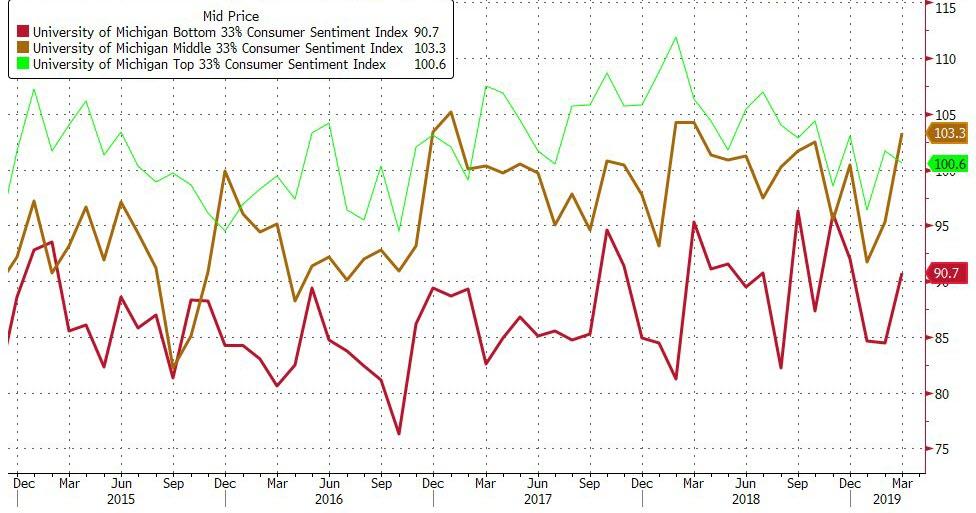
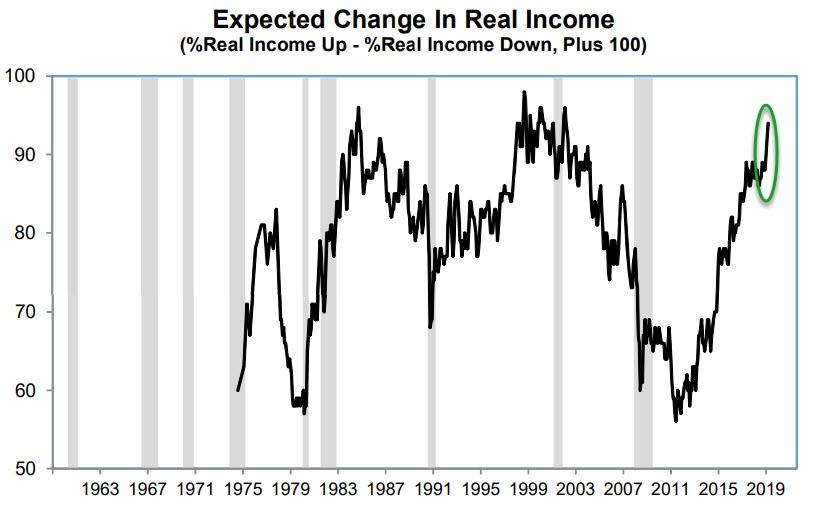

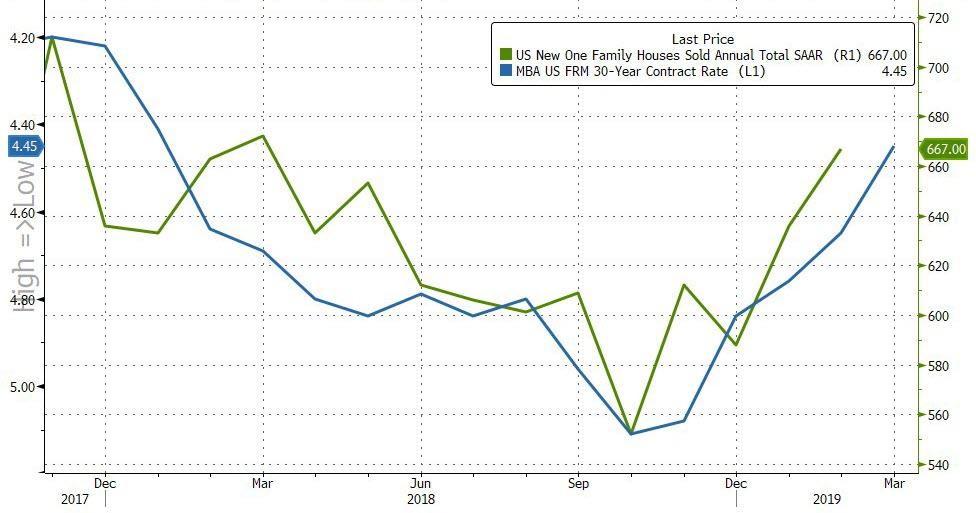

 The Supreme Court
The Supreme Court 




 Good news for Grindr, bad news for Airbnb, and mixed news for Section 230 in new court rulings. What do U.S. web regulation efforts and the new European Union Copyright Directive have in common? Both are brazenly branded by politicans as one thing while really being about censorship and control.
Good news for Grindr, bad news for Airbnb, and mixed news for Section 230 in new court rulings. What do U.S. web regulation efforts and the new European Union Copyright Directive have in common? Both are brazenly branded by politicans as one thing while really being about censorship and control.
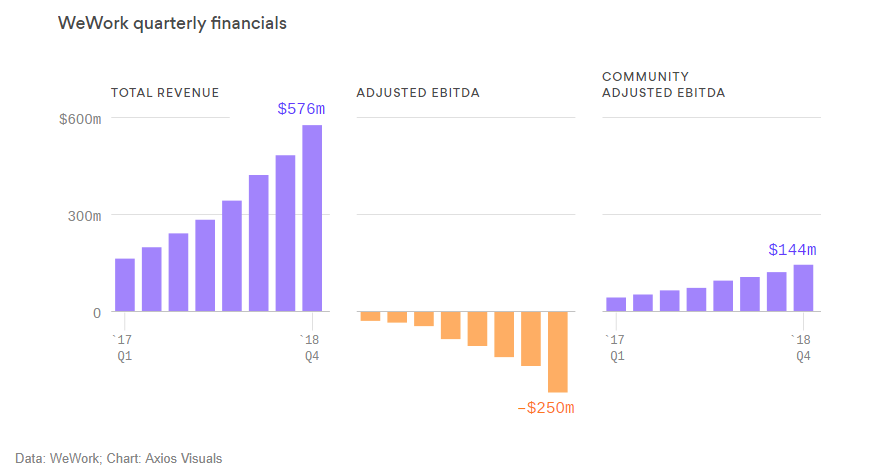



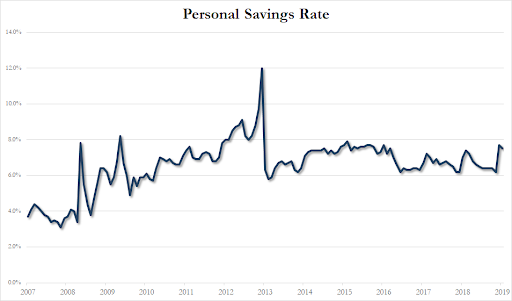
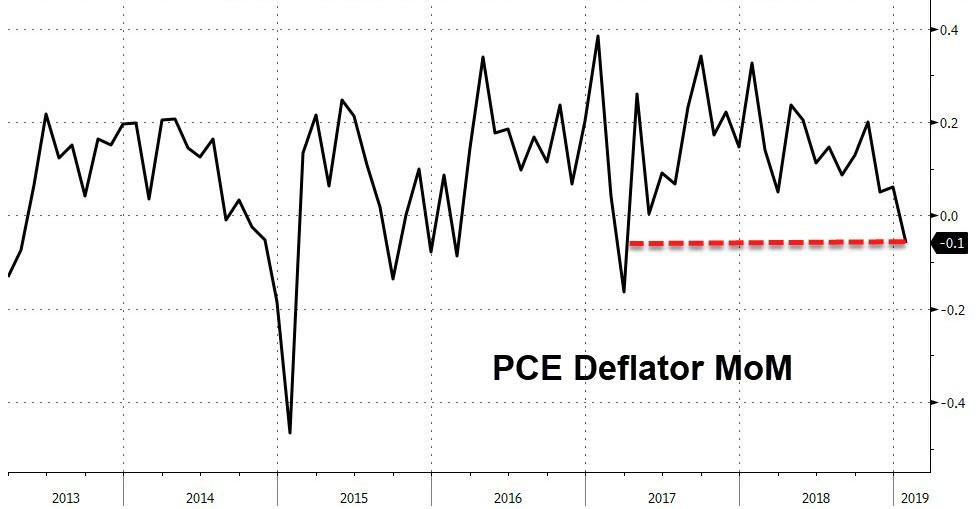
 By the time the Libertarian Party gets around to selecting its presidential nominee
By the time the Libertarian Party gets around to selecting its presidential nominee  Since then, Vohra has finished a distant fourth in Virginia’s race for U.S. Senate, with just
Since then, Vohra has finished a distant fourth in Virginia’s race for U.S. Senate, with just